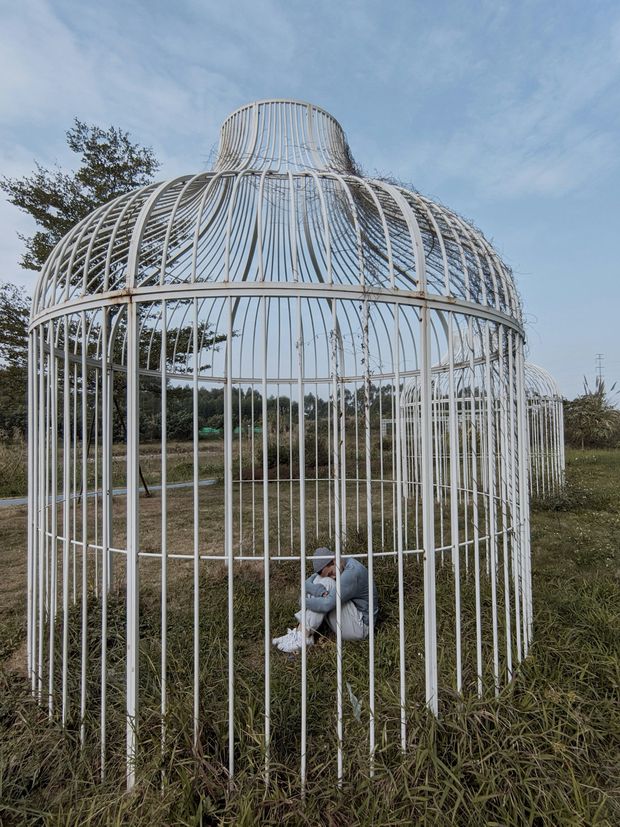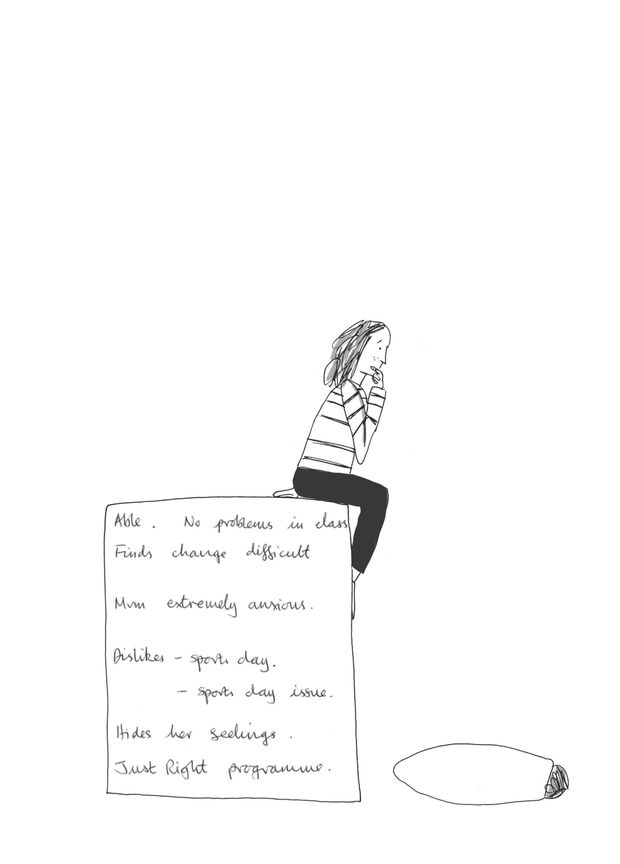


We all feel anxious sometimes. We worry about whether we will get all our work done, or whether we might get a speeding ticket for going past that camera at 36 mph. We worry about what will happen to our children when they grow up. Anxiety is a part of human existence. We need it, it urges us to think carefully and not to rush into things.
Sometimes, however, anxiety goes beyond what is helpful. It can become a constant hum in our heads. We can feel unable to sit down or to concentrate, because we are so wound up. We can become highly distressed, because the feelings are so unpleasant and relentless.
When this happens to a child or teenager, it can affect the whole family. They often want to avoid their anxiety because it feels horrible, and then that can become a trap. Avoiding our feelings means they get more intense, and so the world gets smaller and smaller.
In my webinars and courses, I explain anxiety and how it works. I’ll outline some ways in which families can manage anxiety, so that their children can grow and thrive.

Things went really wrong for Ollie at school. He would be shaking every evening and grey-faced every morning. He didn’t like the lessons, the noise, being made what to do and the other children bullied him. After years of trying, he stopped going.

Many parents tell me about how difficult their children find it when they know there is something in the house for them - but they can’t have it until later. They pull the house apart looking, or search in the cupboards. They ask repetitively and can’t stop, and then everyone gets upset and frustrated.

Several parents have told me that they’ve seen a psychologist who has advised against removing their child from school, saying that this will only increase their anxiety. I’ve seen this advice in books for professionals – books on ‘school refusal’ will claim that allowing a child to stop attending school and seeking another way to learn will cause all sorts of anxiety issues to get worse.

I am a clinical psychologist. I am trained in cognitive behaviour therapy (and EMDR, and other therapies). I am not against graded hierarchies as a general rule. In the right circumstances they can work really well and I’ve used them many times.
The use of fear to control children is so ubiquitous that most adults don’t even realise they are doing it. They’d never describe what they are doing that way. But in so many different ways, the children feel it. It appears in so many subtle ways.

Illustration by Eliza Fricker, Twitter: @_missingthemark "Mum is extremely anxious". When things go wrong for children at school, it's not just their behaviour which is observed. Parents get assessed too. This is what families tell me happens. When things first start to get difficult, and children are showing signs of distress, parents are told they're over-reacting & making the situation worse. 'Don't be anxious, you'll make them anxious', they hear. Even though everything about the situation is anxiety-provoking.

Children are born full of curiosity, eager to participate in the world. They learn as they live, with enthusiasm and joy. Then we send them to school. We stop them from playing and actively exploring their interests, telling them it's more important to sit still and listen. The result is that for many children, their motivation to learn drops dramatically. The joy of the early years is replaced with apathy and anxiety.